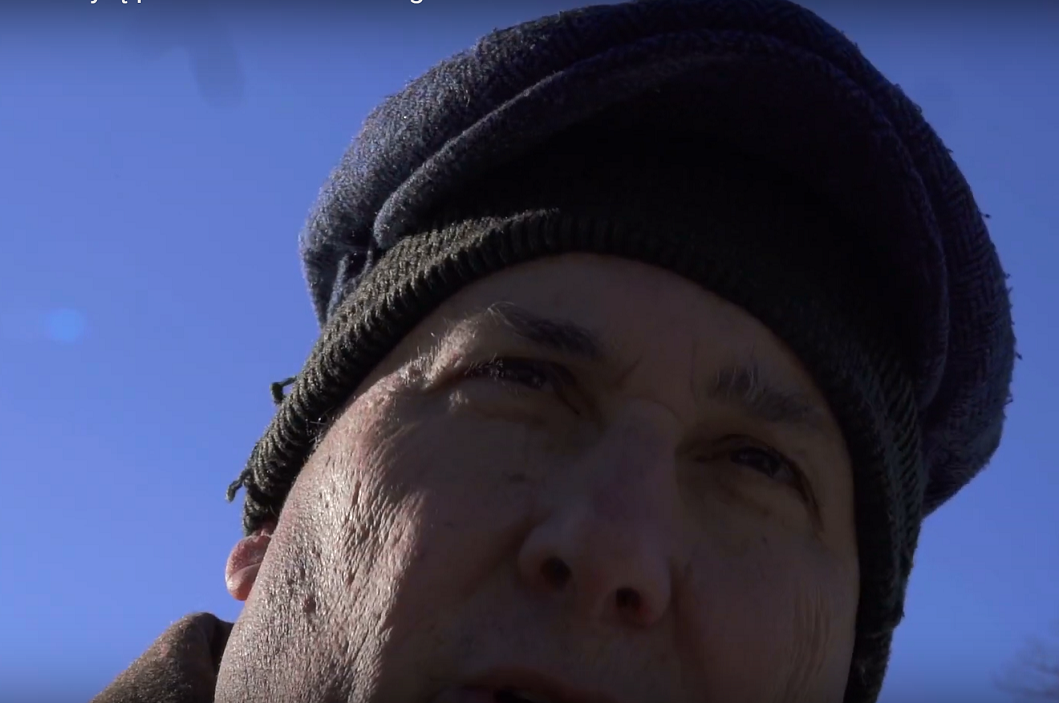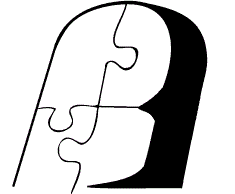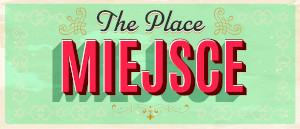Philip Stein, jego dziadek pochodził z Gródka

A few thoughts before our historictrip back to Aradok (Grodek) Poland. Story #1 – Leaving Aradok In1921 (97 year ago), Simchat Torah fell on Tuesday October 25th .Since we know my great grandfather Velvel Echt and his wife Leaharrived at Ellis Island on November 21st, I presume they began theirjourney to America immediately after the Chag ended. The first partof our journey to Aradok will be the reverse of Velvel and Leah’sfirst part of their trip from Bialystok to Warsaw. They were in theirearly 50’s and accompanied by 5 of their 8 children, Rochel,Sorkie, Nathan, Avremel, and George. Nathan (Papa Nate) was 19(Nitzan’s age). Their first stop was to go to the U.S. embassy inWarsaw. My grandfather insisted that his named should be spelledHecht even though the letter “H” is silent in Russian, which ledhis parents and several of his siblings to call themselves Echt. Theconsular official in the U.S. embassy got upset with my grandfatherand supposedly through my grandfather’s visa application out of thewindow onto the street below. He had to run downstairs, retrieve hispapers and get back in line to apply for the visa all over again. Inthe meantime, the rest of his family had processed their papers andwere rushing to catch the train to Trieste, Italy (we passed Triesteon our way to Slovenia from Venice). Since my grandfather was noalone (how did any of them manage to communicate), they gave him avisa and he headed to the train station. To his pleasant surprise, hediscovered that he could catch an express train, which would get tothe next stop before the rest of his family. As he was looking outthe window (on his first train ride), he passed the train his parentswere sitting on, and he claims to have seen him mother crying,perhaps thinking she might never her see her son Nathan (Nechemiah inthose days) again. Story(ies) #2 – Life in Aradok (a) According tomy grandfather the winters were very harsh. He recalls in earlyNovember the snow would begin and they would remove the wheels fromtheir horse drawn wagons and replace them with some sort of skis.They would put on their shoes some type of primitive wooden skatesand skate on the river that ran through their town. (b) In the springafter the snow melted, they would do their spring (Pesach) cleaning.They would remove all of the books from the house and let the windblow through pages to remove any bread crumbs. The would also takeoutside their dining room table and turn over the top of the tableand eat on the reverse side during Pesach. (c) One winter was soharsh two young men from their town got lost in a blizzard and had toburn down a barn to stay warm and survive. (d) In 1915 during WorldWar I, the town was split, with the Germans on one side of the townand the Russians on the other side. The town was divided by a riverand the shooting from the German side was so intense that one couldnot go out. The battle presumably went on for quite a few days. Mygrandfather, had a grandfather on his mother’s side (not a Rivke),who would not leave the Bet Midrash during the fighting and was founddead of starvation, laying face down on the floor, holding a G’marahin his hands. (e) Soon after the Germans took over the town, mygrandfather broke his collar bone. His family took him to a GermanArmy field hospital, where a doctor painfully reset the broken bonewithout anesthetic. He wore a cast during the summer of 1915 andsuffered from terrible itching. When they removed the cast all of hisskin under the cast had been eaten by bugs (lice) and he fainted. (f)During the German occupation all of the farmers (non-Jews) ran away.The Germans instructed the Jews to grow wheat for them. Thearrangement was that what 80% of what was grown would be given to theGerman army and the family that grew the wheat could keep 20 % forthemselves. Since the Jews did not know how to farm and the fact thatthey were starving, took most of the seeds to eat themselves and noteven try to plant the seeds. My grandfather’s family received someinstruction on how to plant wheat and and had a nice crop to harvestin the spring. (g) My grandfather had a grandmother (not a Rivke) whohad a flour mill. When the Germans came into the town, a Germanofficer on his horse demanded that she give his soldiers flour fromher mill. She refused and he whipped her with his horse whip. (h)After the Germans were defeated the Bolsheviks (Communists) returnedto claim the town back to Russia. The Russians did not permit privatecommerce. In order to survive, my great grandfather smuggled cattleacross the border. He was caught one night and put in prison. Somehowthrough some luck and bribery he was eventually released, and thefamily had a big celebration. (i) My grandfather’s brother Elia orElihu, owned a turpentine factory. He used to pay his non-Jewishworkers every Friday afternoon. One Friday he asked my grandfather topay the workers. They insisted that he drink vodka with them afterthey received their pay at a local bar. He became very drunk andpassed out before Shabbat. (j) Many young Jewish men from the townwere attracted to Communism and Lenin. They formed groups and used tointimidate other young Jewish men. During one of these encounters, anuncle of my grandfather, Yitzhak Wilenstky ( Yitzi Kowalsky is namedafter him), who never had any children intervened and chased theJewish Communists away. After he did this several times, theCommunists (Bolsheviks) confronted my great,great Uncle and said, “why did you not fight back against the young Russians when they wouldgang up against young Jews, but only get involved against us?” Hesaid, “When a goy hits a Jew, it is like the sound of a tin smith,he taps his iron hammer against tin and it makes a light tappingsound, but when a Jew hits a Jew it is like a black smith hitting hisiron hammer against his iron anvil, in other words, iron hitting ironmakes a very loud sound because it is made from the same material. Soto when a Jew hits another Jew, one must make a loud sound, and thatwhy I get involved. When a goy, hits a Jew, the are not the same andunfortunately it is the way of the world that I have to accept so Ido not make a big noise”. (k) On Tisha B’Av, after reading Eichathe people in the town would go down to the river and float candleson the water. My grandfather and his friends would gather goats andsheep and have them run along the river disturbing the people andcausing mischief. (l) My grandfather’s brother Elia (Elihu) was theonly sibling to be married in Europe (he died with his wife and 3children in the holocaust). The wedding took place in 1920 on aFriday afternoon. By getting married on Erev Shabbat, they couldcombine Shabbat dinner with the wedding feast and save money. (m)When my grandfather arrived in Chicago his mother has not seen myUncle Sam (Robin Axelrod’s grandfather) in about 15 years. He leftRussia to avoid the draft with my Uncle Jake when they wereteenagers. When they arrived in Chicago, my Uncle Sam was now 30years old, married and with a child (my cousin Bernie Echt who I tookout to dinner in LA several years ago). His mother immediatelyrecognized him since she saw he had scar from a childhood accident onhis face.









 uzupełnij jewishbialystok@gmail.com
uzupełnij jewishbialystok@gmail.com 



